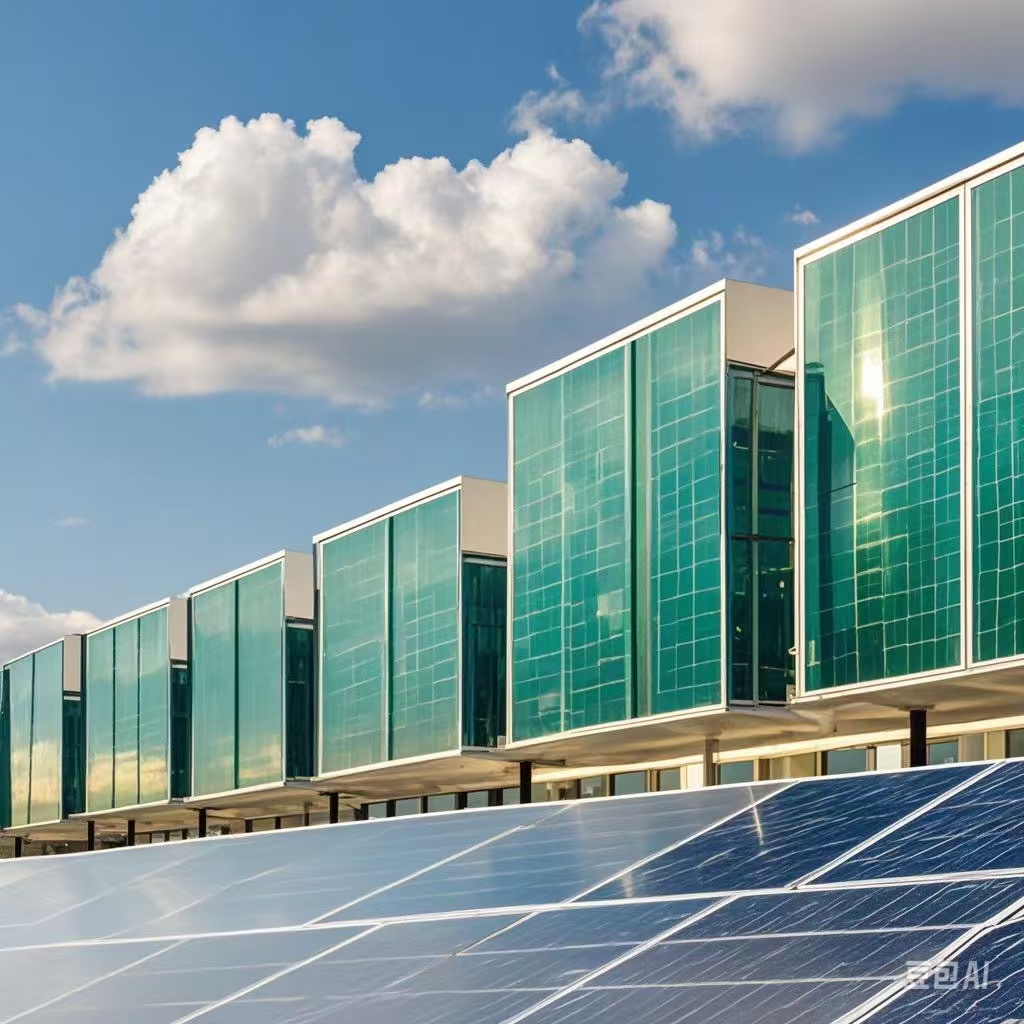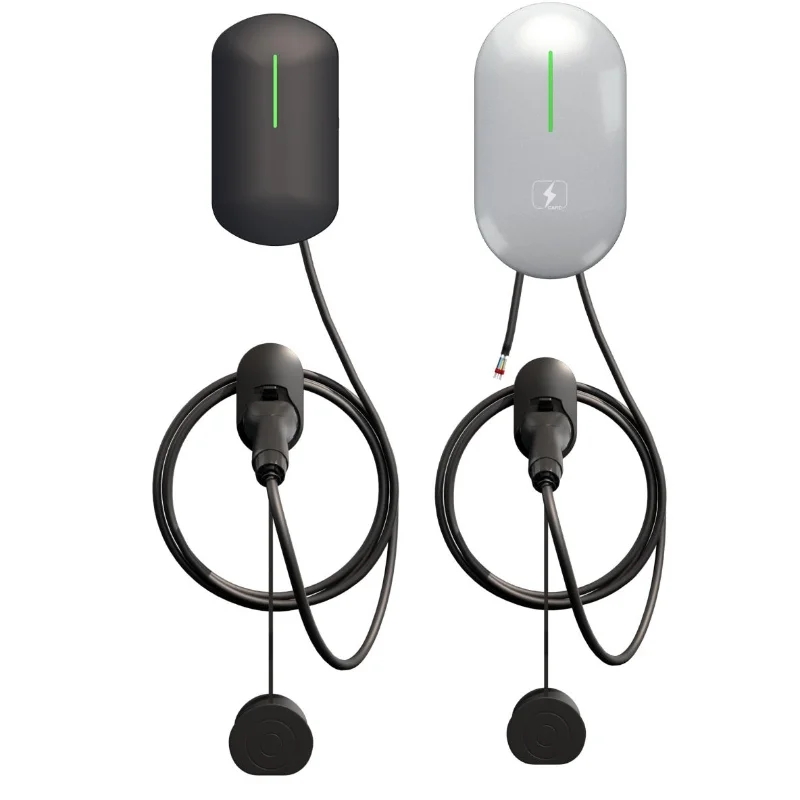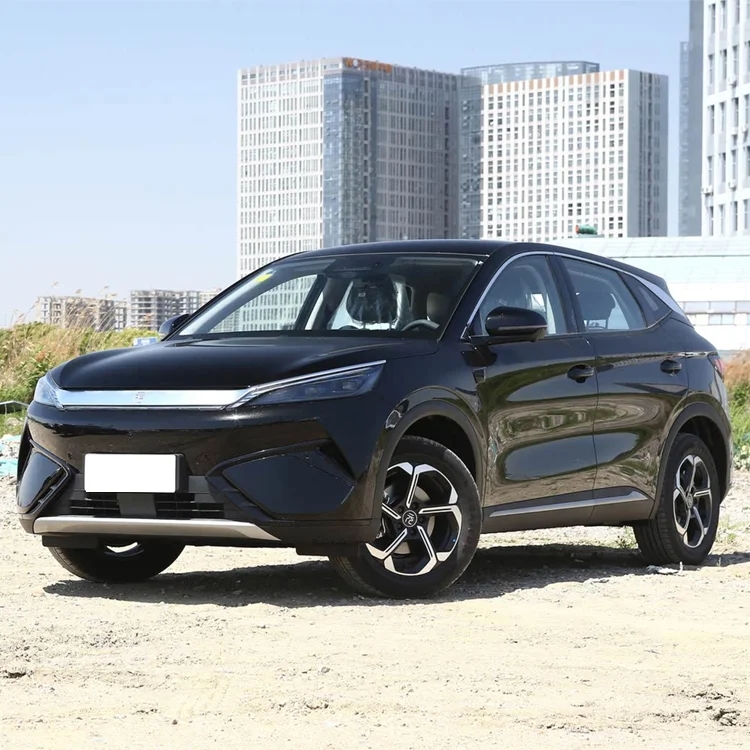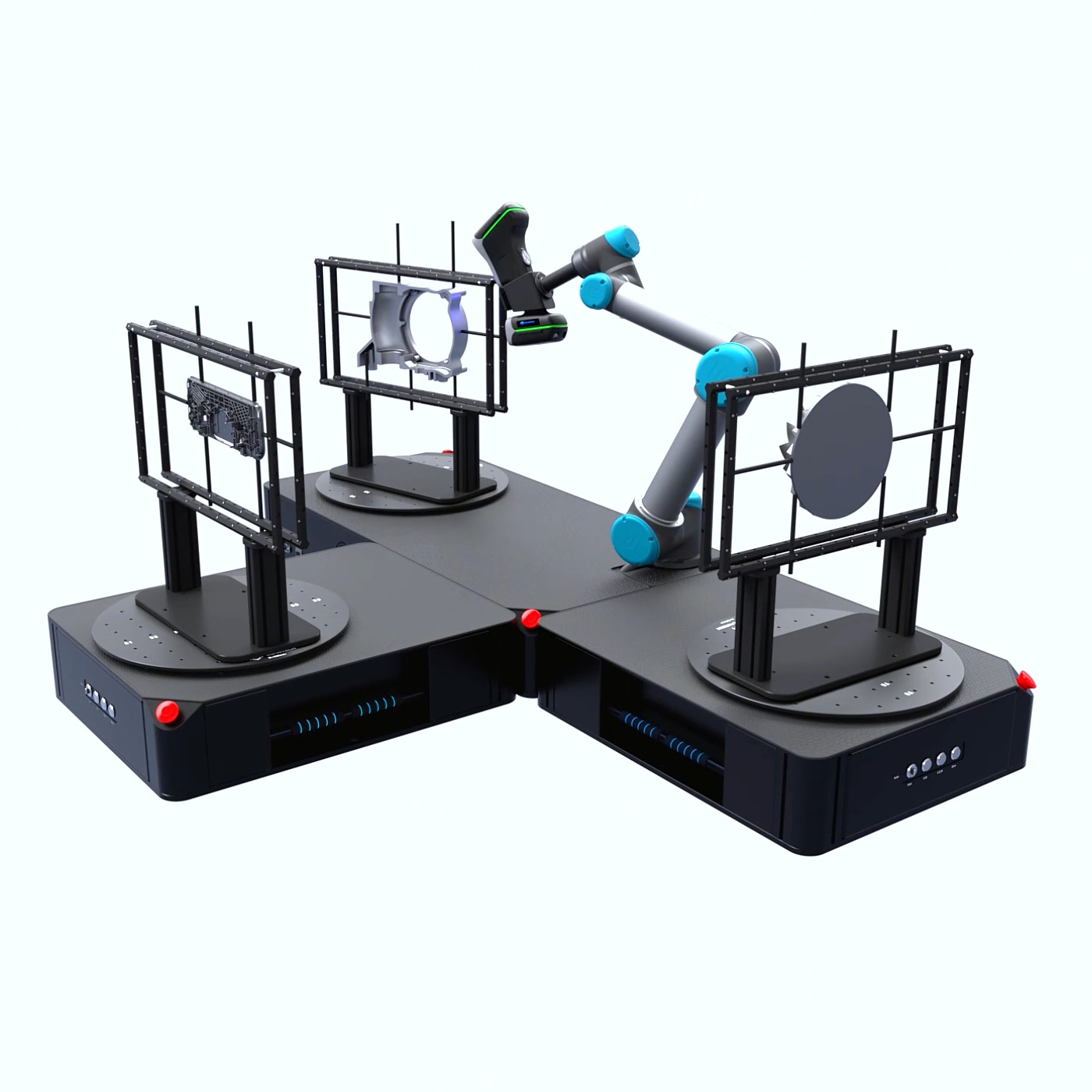As the global construction industry transitions toward green and low-carbon development, building-integrated photovoltaic (BIPV) technology, as a deep integration of renewable energy and building functions, is becoming a crucial component of modern architectural design. Its application on building facades, in particular, not only enables energy self-sufficiency but also enhances the building's aesthetic value. However, with numerous BIPV curtain wall system suppliers on the market, choosing the right partner is a key factor in project success.
This article will explore multiple aspects of selecting the right BIPV curtain wall system supplier to help architects, developers, and project managers make informed decisions.
1. Clarifying Project Requirements and Design Goals
Before selecting a BIPV curtain wall system supplier, it's important to first clarify the specific project requirements and goals. This includes the following aspects:
Energy Demand Analysis: Evaluate the building's energy consumption and determine the required photovoltaic power generation capacity.
Aesthetic Requirements: Consider the building's exterior design and select a BIPV product that complements the architectural style.
Budget Constraints: Select a cost-effective BIPV system based on the project budget.
Technical Requirements: Define the technical performance requirements for the BIPV system, such as conversion efficiency and durability.

2. Evaluate the Supplier's Technical Capabilities and Product Quality
When selecting a BIPV curtain wall system supplier, technical capabilities and product quality are primary considerations. The following are key indicators for evaluating suppliers:
2.1 Product Certifications and Standards Compliance
Ensure that the supplier's products comply with international and regional safety and performance standards, such as:
IEC 61215: Design certification for crystalline silicon photovoltaic modules.
IEC 61730: Safety certification for photovoltaic modules.
UL 1703: Safety standard for building-integrated photovoltaic products.
EN 50583: Standard for building-integrated photovoltaic systems.
In addition, the product should possess basic building material properties such as fire resistance, wind resistance, and impact resistance to ensure building safety.
2.2 Technical Support and Customization Capabilities
A good supplier should provide comprehensive technical support, from design and engineering consulting to installation and after-sales service. Especially for complex building facade applications, the supplier should possess strong customization capabilities and be able to provide tailored solutions to the specific needs of the building.
2.3 Product Performance and Durability
As part of a building's exterior facade, the performance and durability of a BIPV system directly impact its service life. Suppliers should provide long-term performance data, such as power generation efficiency, degradation rate, and UV resistance, to demonstrate their product reliability.
3. Investigating the Supplier's Production and Delivery Capabilities
The supplier's production and delivery capabilities directly impact project progress and quality. The following are key indicators for evaluating suppliers:
3.1 Production Scale and Facilities
Understand the supplier's production scale, factory area, production equipment, and technical level. Large suppliers typically have stronger production capacity and quality control capabilities, enabling them to meet the demands of large-scale projects.
3.2 Delivery Cycle and Response Speed
Suppliers should be able to respond quickly to customer needs to ensure projects progress on schedule. Understand the supplier's average delivery cycle, order processing time, and customer service response time to assess their delivery capabilities.
3.3 Quality Control and Testing Capabilities
Suppliers should have a comprehensive quality control system and an independent testing laboratory capable of conducting rigorous product quality testing to ensure they meet design and performance requirements.
4. Consider Cost-Effectiveness and Return on Investment
The initial investment in a BIPV system is high, but its long-term energy savings and low maintenance costs provide a good return on investment. When selecting a supplier, consider the following factors:
System Cost: This includes equipment, installation, and commissioning costs.
Operating Cost: This includes maintenance and insurance costs.
Energy Benefit: Based on local solar conditions and electricity prices, estimate the system's annual energy production and electricity savings.
Policy Incentives: Understand local government subsidies and tax incentives for BIPV projects to reduce the overall project cost.
By comprehensively analyzing the above factors, evaluate the cost-effectiveness of different suppliers and select the most cost-effective option.
5. Examine the Supplier's Project Experience and Reputation
A supplier's project experience and market reputation are important criteria for evaluating their capabilities. The following are key ways to evaluate suppliers:
Project Cases: Review the supplier's previous project cases, especially those similar to your own, to assess their design and construction capabilities.
Customer Reviews: Communicate with the supplier's existing customers to understand their service quality, technical expertise, and project management capabilities. Industry Certifications and Awards: Find out whether the supplier has received industry certifications and awards, such as LEED certification and the BIPV Design Award, demonstrating their status and influence in the industry.
6. Focus on the Supplier's Sustainability and Innovation Capabilities
As the concept of sustainable development becomes more popular, selecting suppliers with innovative capabilities and a strong sense of social responsibility can bring greater added value to projects. The following are key areas to consider:
R&D Investment: Understand the supplier's investment and achievements in BIPV technology R&D to assess their technological innovation capabilities.
Environmental Concerns: Understand whether the supplier uses environmentally friendly materials and processes during production to reduce environmental impact.
Social Responsibility: Understand whether the supplier participates in social welfare activities, fulfills its corporate social responsibility, and enhances its brand image.
Selecting the right BIPV curtain wall system supplier is a key factor in ensuring project success. By clarifying project requirements and evaluating suppliers' technical capabilities, production capacity, cost-effectiveness, project experience, and sustainability indicators, architects and developers can make informed decisions, promote the development of green buildings, and achieve a win-win situation for both economic and social benefits.
In the future, with the continuous advancement of technology and the maturity of the market, BIPV systems will play an increasingly important role in the construction industry. Choosing a reliable supplier is not only a commitment to your project, but also a commitment to a sustainable future.
As a professional BIPV facade system supplier, FGNEX SOLAR is committed to providing efficient, reliable, and aesthetically pleasing photovoltaic curtain wall solutions for architectural projects. With extensive project experience and advanced technical R&D capabilities, the company can customize BIPV systems based on clients' architectural design needs. We also provide comprehensive pre-sales consulting, installation guidance, and after-sales maintenance services to ensure that every project achieves optimal results in terms of energy conservation, environmental protection, and aesthetics.
www.fgnexsolar.com
fgnexsolar







